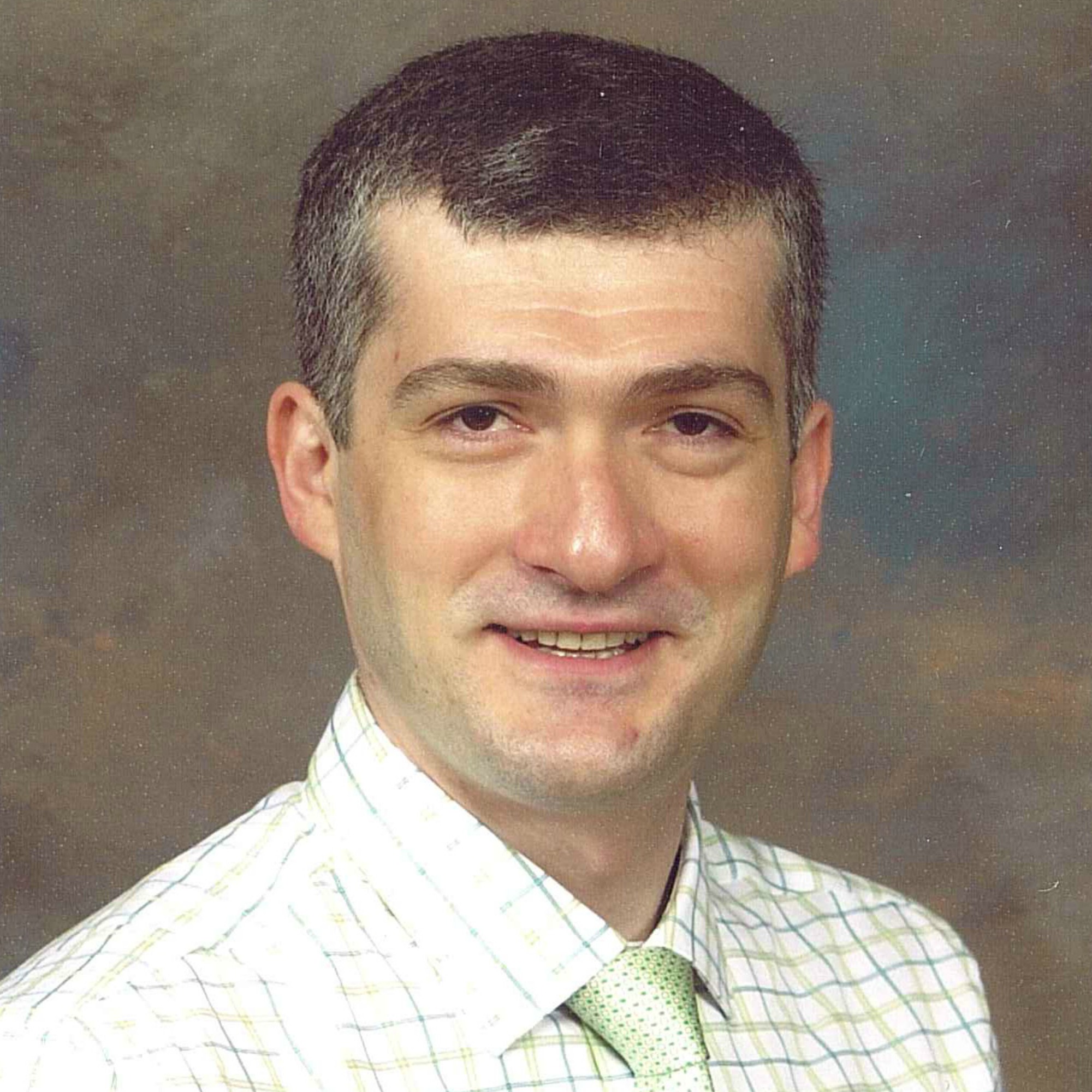May is Mental Health Awareness Month. Psychiatrist and Medical Director of Keystone Behavioral Health,  Dr. Irakli Mania, shares some information about tobacco addiction, how it is connected to mental health, and some techniques that can be used to improve one’s chances of quitting successfully.
Dr. Irakli Mania, shares some information about tobacco addiction, how it is connected to mental health, and some techniques that can be used to improve one’s chances of quitting successfully.
Should I quit cold turkey, or with the help of a doctor?
People often try to quit by themselves, and many are successful. But if repeated attempts are unsuccessful one needs to consult a physician. It needs to be noted that it is not enough for a physician to only prescribe medication or nicotine replacement therapy. In fact this could be counterproductive as unsuccessful attempts while using medication can lead to lowered confidence in the person that they can ever quit, and it also potentially removes from the options list medications that could have worked under proper circumstances.
Therefore, an informed physician should first assess the patient’s readiness and confidence to quit, and if the patient is ready prescribes medication or nicotine replacement therapy along with psychosocial counseling, such as smoking cessation groups. Participating in a group roughly doubles success rates. In addition, these groups often provide users with free nicotine replacement products. Psychosocial support is available through the phone as well. Hopefully more physicians will become involved in smoking cessation to promote wellness and decrease tobacco use in their patients.
How can I expect to feel when I’m trying to quit/after I quit?
It is very important to talk ahead of time about withdrawals because then you will know what to expect and can better manage them. Some withdrawal symptoms are immediate and short-term (cravings and irritability for example), and some can last longer, up to six months (such as an increase in appetite, weight gain and insomnia).
What should I do when I have the urge to smoke while trying to quit?
Whether you are trying to quit yourself or with the help of a physician prescribing medication, there are some basic things that can be used in order to be more successful. For instance there are four “Ds” of coping with immediate cravings after cessation:
- Drink water slowly and hold it in your mouth for a little while
- Deep breathing – breathe in slowly and deeply and then breathe out slowly; repeat five times
- Do something else for distraction, have this planned ahead
- Delay acting on the urge to smoke, it will pass in a few minutes
It is wise to let people around you know that you are quitting. Be prepared to say no if a cigarette is offered to you. Don’t keep ashtrays, lighters or anything else that reminds you of smoking. If possible, avoid other smokers or places where the urge to smoke is strong (know your triggers).
It helps to have reasons for quitting written down in order to keep all of this fresh in your mind in the difficult stage of abstinence. Some of the common reasons why people want to quit, or should quit, are listed below but this really needs to be specific to you and a physician can help develop this list.
- Save money
- Improve quality of life
- Not out of breath with ordinary activities
- Lower risk for chronic health problems
- Lower rates for cold, flu and other infections
- Keep family and friends healthy
- Set good example for children
- More employment opportunities
- Food and drink will smell and taste better
- Skin will have fresher look and you will look younger
This article contains general information only and should not be used as a substitute for professional diagnosis, treatment or care by a qualified health care provider.




